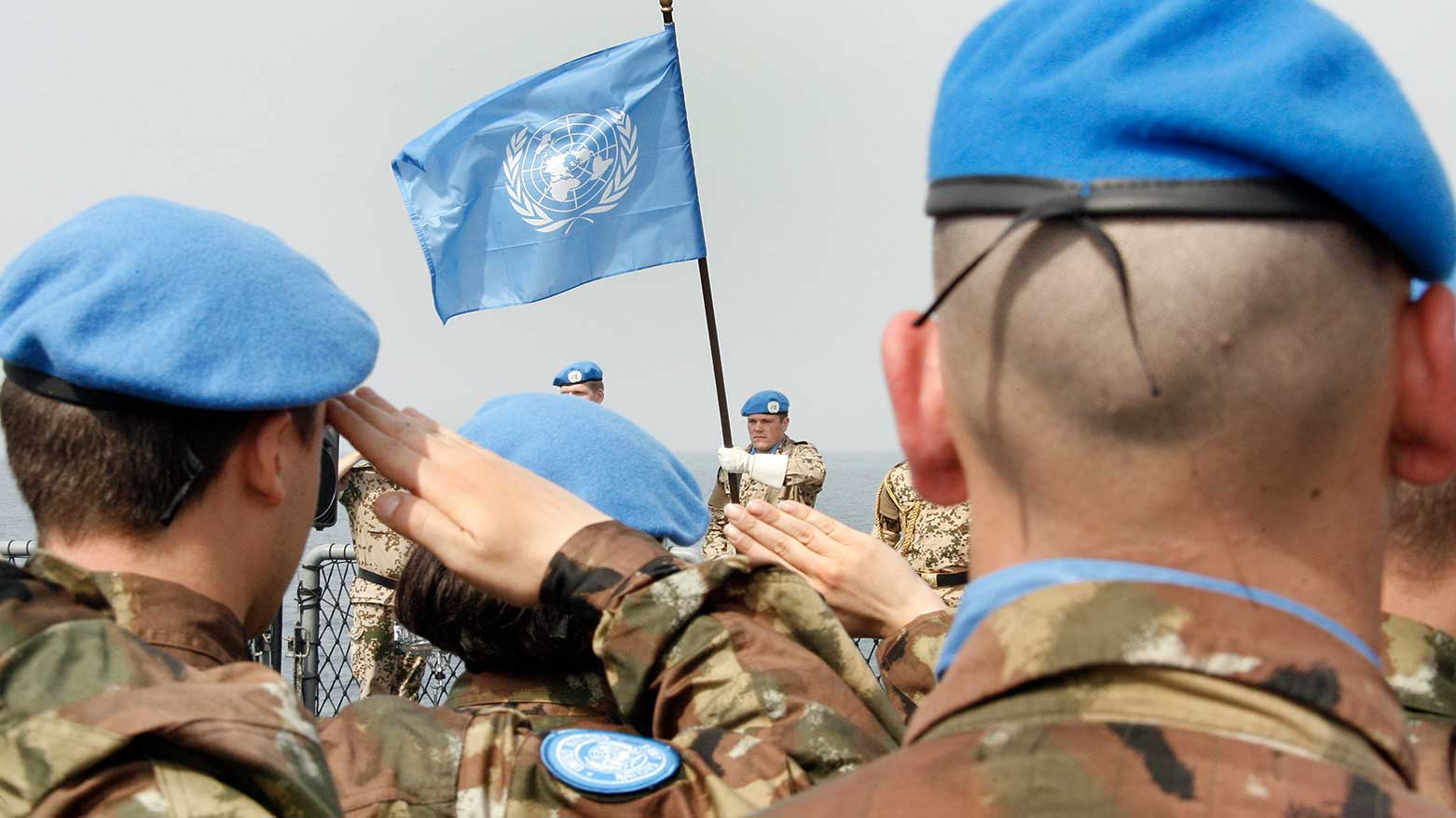Future of UNIFIL in Doubt: Security Council Delays Vote Amid US-Israel Opposition
With UNIFIL’s mandate expiring Sunday, the Security Council delays a renewal vote amid US-Israel calls for a one-year extension and gradual withdrawal, clashing with European efforts to maintain the Lebanon peacekeeping force amid Hezbollah tensions.

ERBIL (Kurdistan24) — A scheduled vote at the United Nations Security Council (UNSC) on the future of the UN Interim Force in Lebanon (UNIFIL) has been postponed amid opposition from the United States and Israel to the draft text, diplomatic sources told AFP on Tuesday.
The delay comes just days before the peacekeeping mission’s mandate is set to expire on Sunday. Washington has signaled support for extending UNIFIL’s mandate for one year but raised concerns about the force’s cost and long-term viability.
US Calls for One-Year Extension
Speaking at Lebanon’s presidential palace on Tuesday, US envoy Tom Barrack confirmed that Washington would back a one-year extension of UNIFIL’s deployment. “The United States’ position is we will extend for one year,” Barrack told reporters, while noting disapprovingly that the mission costs “a billion dollars a year.”
UNIFIL, which was first deployed in 1978 to monitor the border between Lebanon and Israel following decades of conflict, currently fields about 10,000 troops. Its presence has long been viewed as a stabilizing factor in southern Lebanon, where tensions between Israel and Hezbollah remain high.
Draft Text Calls for Withdrawal
According to AFP, a revised draft resolution circulated Tuesday would extend UNIFIL’s mission until December 31, 2026, but stipulates that the mandate would be terminated at that date, with an “orderly and safe drawdown and withdrawal” to be completed by the end of 2027.
The UNSC had initially been expected to vote Monday on a French-drafted text that maintained UNIFIL’s presence for one more year while laying groundwork for a gradual withdrawal.
Diplomatic Consultations Ongoing
The fate of the mission was discussed during a Monday phone call between US Secretary of State Marco Rubio and several European counterparts, according to Italy’s foreign ministry. Italian Foreign Minister Antonio Tajani and French Foreign Minister Jean-Noel Barrot stressed UNIFIL’s importance in supporting the Lebanese Armed Forces and maintaining balance “in the current international situation and in the broader regional context.”
UNIFIL’s mandate, renewed annually, has often been a subject of debate within the Security Council, with the US and Israel pressing for stronger oversight of Hezbollah activities in southern Lebanon, while European contributors emphasize the mission’s role in preventing escalation.
With the deadline approaching, Security Council members are expected to resume negotiations in the coming days to reach a compromise that ensures continued peacekeeping while addressing calls for a future exit strategy.
UNIFIL’s Role in Lebanon
UNIFIL was first established in 1978 after Israel moved troops to southern Lebanon, tasked with confirming Israeli withdrawal and assisting the Lebanese government in restoring authority in the area. Its role significantly expanded after the 2006 war between Israel and Hezbollah, when the Security Council boosted troop levels and gave the mission a stronger mandate to monitor hostilities and support the Lebanese Armed Forces south of the Litani River.
Since then, UNIFIL has acted as a buffer force between Israel and Hezbollah, whose presence and arsenal in southern Lebanon remain a major source of tension. Israel has repeatedly accused Hezbollah of using civilian areas to stockpile weapons and stage military activity, while Hezbollah insists UNIFIL must not interfere with its resistance operations.
Despite periodic flare-ups and accusations from both sides, the mission is widely credited with helping to prevent a repeat of the large-scale hostilities that devastated Lebanon in 2006 and destabilized the wider region.
With UNIFIL’s mandate set to expire within days, the Security Council now faces the challenge of striking a balance between calls for an eventual drawdown and the immediate need to preserve stability along the volatile Lebanon-Israel frontier.
